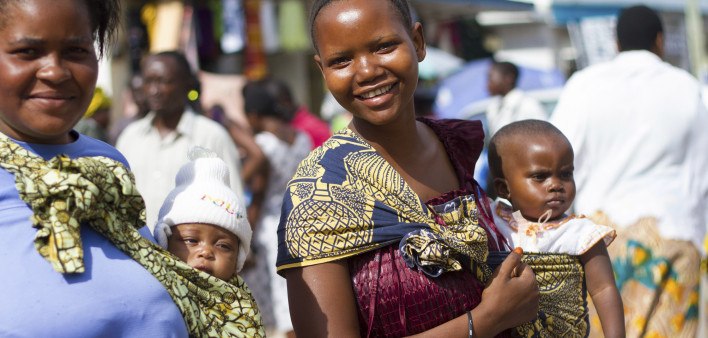HIV-positive children are more likely to experience cognitive and physical delays than their HIV-negative peers, Newsweek reports.
Publishing their findings in PLOS ONE, researchers conducted a survey of 14,425 households in KwaZulu-Natal, South Africa. They identified 2,049 children, 62 of whom (5 percent) tested positive for HIV. Just one third of those children had been diagnosed previously.
The study administrators gave families a so-called Ten Question survey to help determine whether their children had developmental delays. A clinician also independently examined the children to look for the same.
Fifty-nine percent of the HIV-positive children had developmental delays, compared with 43 percent of the HIV-negative children. Among children between ages 4 and 6, those with HIV were twice as likely as those without the virus to have cognitive delays or hearing disabilities. The HIV-positive children were also four times as likely to have delays in sitting, walking, standing and speaking.
The study indicated that the household survey was a good way to identify children living with undiagnosed HIV. Additionally, by finding children with developmental delays, such a survey could prompt parents to seek help in addressing these concerns with a physician.
To read a press release about the study, click here.
To read the Newsweek article, click here.
To read the study, click here.







Comments
Comments